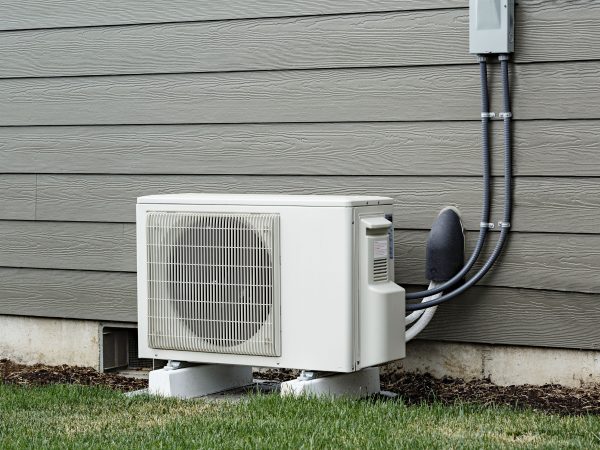Looking to save a buck? How about $100 or more this year in energy costs alone? It’s possible with a few simple measures. Read on for our top 5 ways to reduce your electric bill today.
1. Unplug Your Unused Electronics. There’s actually a term for the money you waste on electronics that remain plugged in, but that you aren’t using: they’re known as vampire energy charges. Sound scary? They can be! Vampire charges can tack an extra $100 or more onto your annual energy costs. The Department of Energy says that 75% of home electrical use occurs when electronics are turned off, but plugged in.
So take a minute, and take inventory of what can be unplugged. If you only use that corner lamp in the living room when company is over, unplug it for now.
2. Switch to Energy Efficient Bulbs. CFL (compact fluorescent light bulbs) and LED (light-emitting diode) bulbs use an average of 75% less energy than fluorescent bulbs. Not only will they help shrink your energy bill, but they last longer than traditional bulbs too, so you won’t have to replace them as often.
3. Upgrade Your Appliances. Ready for new appliances? If you’re on the market, check out EnergySTAR-rated appliances. They will list your potential annual energy savings right on the label. This makes it easy to compare before you purchase, and figure out which appliances will save you the most in the long run.
4. Change Your Laundry Habits. Believe it or not, washing your laundry in cold water can have a significant impact on your energy bill. An estimated 90% of energy used by top-loading washing machines is for heating the water. When you choose cold water, you save money and energy—and your clothes come out just as clean!
5. Avoid Peak Energy Hours. You may not even be aware, but much like cell phone providers, your electric company raises its rates during “peak hours”—which are usually 8am to 9pm each day. Scaling back your energy use during peak hours can help save on your electric bill. Now that you’re in the know, shut off your kitchen light when you sit down to eat in the dining room. Small measures like this can add up to big savings in the long run.




